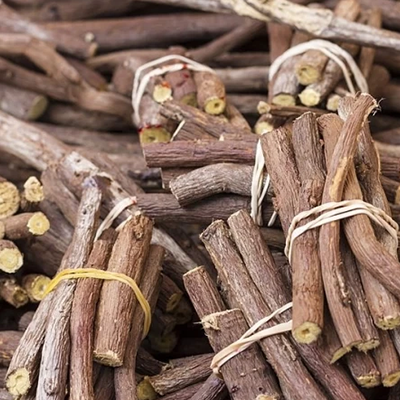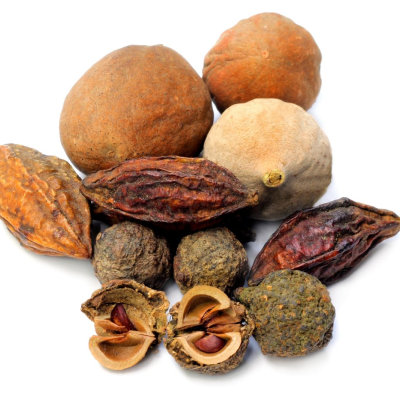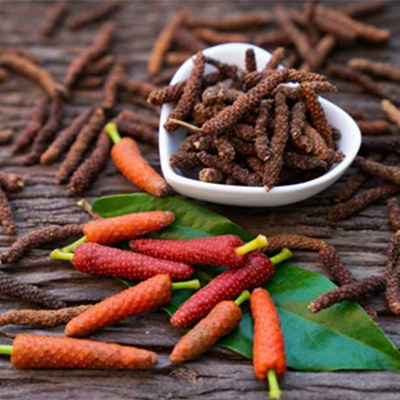Dysphagia is the medical term for difficulty swallowing. It can happen at any age but is more common in older adults. People with dysphagia may feel like food or liquid is stuck in their throat, chest, or stomach. In severe cases, it can make swallowing painful or impossible.
Causes of Dysphagia
Dysphagia can occur due to various reasons, affecting either the throat (oropharyngeal dysphagia) or the esophagus (esophageal dysphagia)
1. Oropharyngeal Dysphagia
- Difficulty in starting to swallow, often caused by problems in the mouth or throat:
- Neurological conditions (e.g., stroke, Parkinson’s disease, multiple sclerosis)
- Muscle weakness or disorders (e.g., myasthenia gravis)
- Throat infections or inflammation
- Structural issues, such as enlarged tonsils
2. Oesophageal Dysphagia
Trouble moving food or liquid down the oesophagus into the stomach:
- Blockages: Tumours, strictures (narrowing of the oesophagus), or foreign objects
- Motility disorders: Conditions like achalasia (when the oesophagus doesn’t move food properly)
- Acid reflux (GERD): Long-term acid irritation can cause scarring and narrowing of the oesophagus.
- Eosinophilic esophagitis: Allergic inflammation of the oesophagus.
Symptoms of Dysphagia
- Difficulty swallowing food or liquid
- Coughing or choking during meals
- Pain when swallowing (odynophagia)
- Feeling of food stuck in the throat or chest
- Drooling or regurgitation (bringing food back up)
- Hoarseness or a gurgling voice after eating
- Unexplained weight loss due to avoiding eating
Complications of Dysphagia
- Malnutrition and dehydration: If swallowing is difficult, people may avoid eating and drinking enough.
- Aspiration pneumonia: When food or liquid enters the lungs instead of the stomach, it can lead to infection.
- Reduced quality of life: Eating and drinking become stressful, impacting social and emotional well-being.
Ayurvedic Perspective of Dysphagia
In Ayurveda, dysphagia is associated with Kantha Avarodha (blockage in the throat) or Anna Vaahini Nadi Vighata (obstruction in the food passage). It is caused by imbalances in:
- Vata Dosha: Causes dryness, constriction, and difficulty swallowing.
- Pitta Dosha: Leads to inflammation and burning sensations in the throat or esophagus.
- Kapha Dosha: Causes mucus accumulation, swelling, or heaviness in the throat.
- Agnimandya (Weak Digestive Fire): Results in toxin (Ama) accumulation and obstruction.
Ayurvedic Treatment for Dysphagia
Dietary Measures
- Warm, soft, and easy-to-digest foods (soups, khichdi).
- Avoid cold, heavy, or oily foods that worsen Kapha.
- Use natural lubricants like warm ghee.
Lifestyle Changes
- Practice throat-relaxing yoga (e.g., Simhasana).
- Use pranayama (Anulom Vilom, Bhramari) to reduce stress.
- Stay hydrated with warm water.
Panchakarma
- Vamana (Emesis): Clears Kapha-related obstructions.
- Virechana (Purgation): Detoxifies and balances Pitta.
Herbal Remedies
Yashtimadhu (Licorice Root):
Soothes the throat and reduces inflammation.
Triphala:
Detoxifies and balances digestion.
Pippali (Long Pepper):
Improves digestion and reduces blockages.
Therapies
- Gandusha (Oil Pulling): Gargling with warm sesame oil to lubricate the throat.
- Nasya (Nasal Therapy): Instilling medicated oils to clear blockages.
- Abhyanga: Neck massage with warm oils to relieve Vata-Kapha imbalances.






